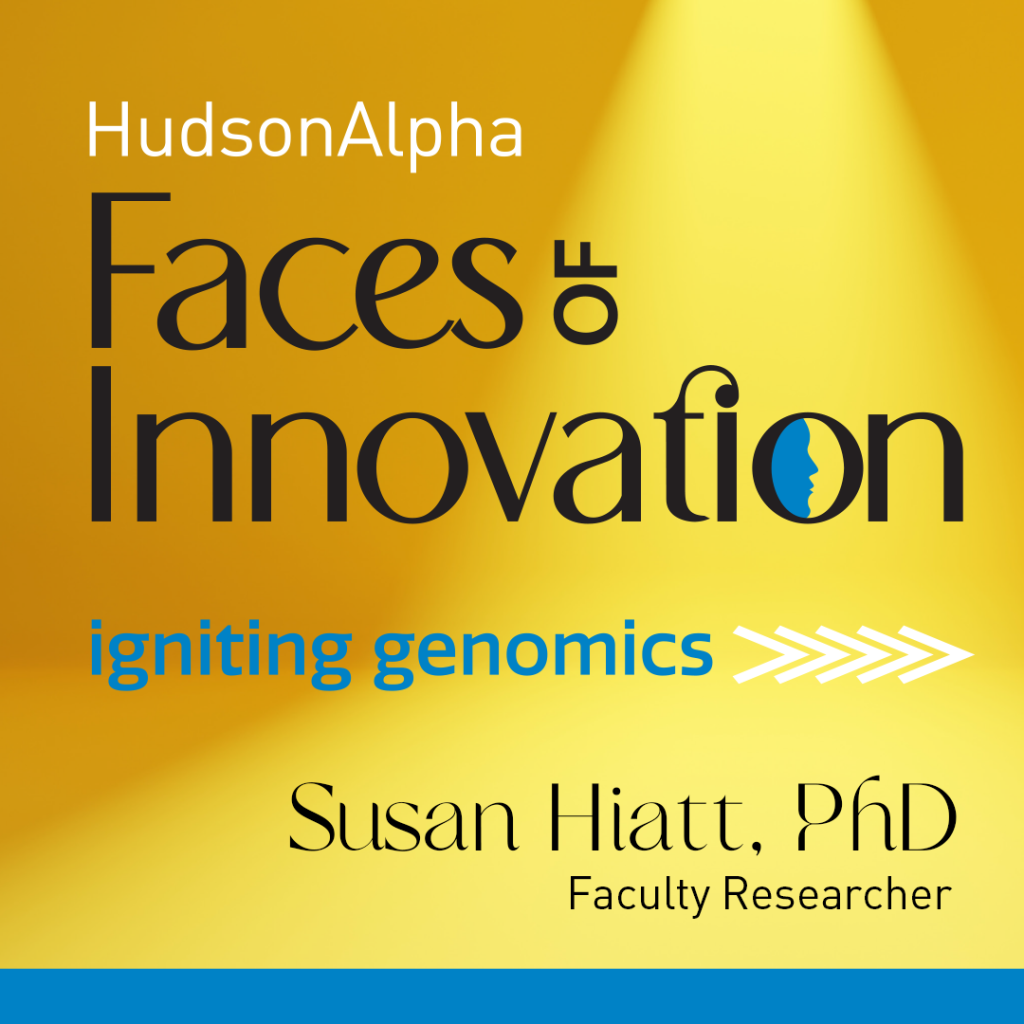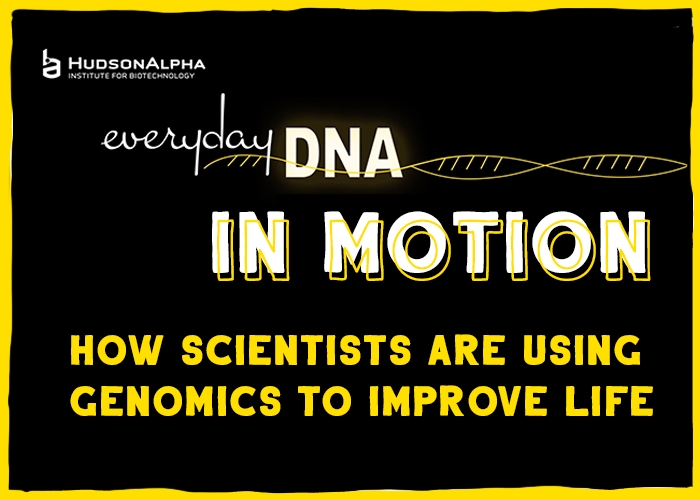Huntsville, Ala. – Scientists at the HudsonAlpha Institute for Biotechnology have helped identify a genetic change that is causing Alzheimer’s disease, expanding what we know about how the disease can be inherited and giving participants in the study an opportunity to join prevention trials.
Researchers looked at 93 members of a family in Colombia that had a history of inherited Alzheimer’s disease. They found that 26 of them had a never-before-identified mutation on PSEN1, a heavily studied gene, known to cause Alzheimer’s. By discovering new mutations, scientists are better able to understand how the gene works as a whole.
Current drug trials aim to alleviate Alzheimer’s symptoms through early treatment, and in unique families like those identified in this study, there is the opportunity to start therapy years before symptoms begin. By identifying this mutation, scientists hope to give affected individuals the chance to participate in these trials early to maximize the chance of a therapeutic benefit.
PSEN1 encodes an enzyme that works almost like scissors in the production of a protein called amyloid beta. When PSEN1 is mutated, the amyloid beta proteins wind up being too long, making them stickier, so they more easily form into plaques in the brain. Preventing the formation of those plaques may help alleviate symptoms.
This latest study recently appeared in Alzheimer’s and Dementia. Ken Kosik, MD, of the University of California, Santa Barbara (UCSB) led the study along with Francisco Lopera, MD, from the University of Antioquia. HudsonAlpha scientists from the Richard M. Myers Lab assisted with analysis of the data.
“These large family studies give us an incredible opportunity to understand how Alzheimer’s works at a genetic level,” said Kosik. “Studying these early-onset cases — including people who are presymptomatic — give us a chance to really dig deep into what specifically is changing in the body, brain and genome to cause the degeneration. It also allows us an opportunity to try to ward off the worst of the disease.”
HudsonAlpha’s Nick Cochran, PhD, explained, “This is another example of a large family study in Colombia producing promising results. These rare families continue to teach us about how this disease works, and as scientists, it is wonderful to have the opportunity to be able to help find answers for these families, and potentially even accelerate their involvement in clinical trials.” Cochran is a senior scientist in the Myers Lab.
HudsonAlpha’s ongoing collaboration with UCSB and Colombia is made possible, in part, by funding from the HudsonAlpha Foundation Memory and Mobility Program, which creates the opportunity for further sequencing and study of Alzheimer’s patients, with the aim of moving toward better understanding and treatment.
About HudsonAlpha: HudsonAlpha Institute for Biotechnology is a nonprofit institute dedicated to developing and applying scientific advances to health, agriculture, learning, and commercialization. Opened in 2008, HudsonAlpha’s vision is to leverage the synergy between discovery, education, medicine, and economic development in genomic sciences to improve the human condition around the globe. The HudsonAlpha biotechnology campus consists of 152 acres nestled within Cummings Research Park, the nation’s second largest research park. The state-of-the-art facilities co-locate nonprofit scientific researchers with entrepreneurs and educators. HudsonAlpha has become a national and international leader in genetics and genomics research and biotech education and includes more than 30 diverse biotech companies on campus. To learn more about HudsonAlpha, visit hudsonalpha.org.
Media Contact:
Margetta Thomas
mthomas@hudsonalpha.org
256-327-0425


